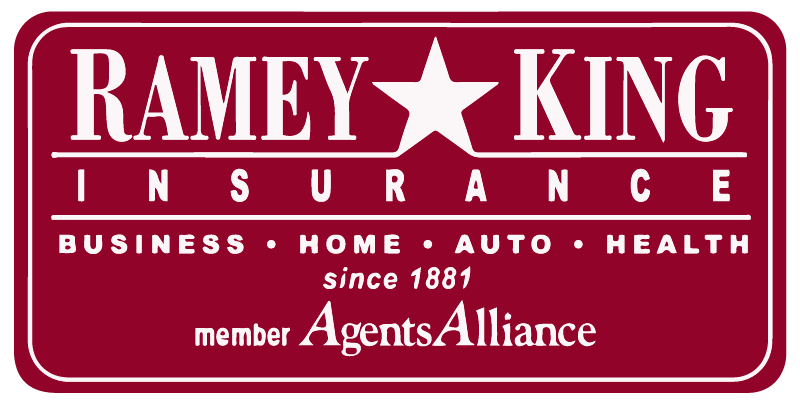What is Property Cost Evaluation?
Property cost evaluation refers to the appraisal of residential and commercial properties. Commercial property cost evaluations are similar to residential property cost evaluations. Commercial evaluations are frequently used as an alternative to appraisals for commercial properties. A commercial evaluation is ideal when a loan amount of $250,000 or less is required, or for collateral purposes for business loans of $1 million or less. Residential property cost evaluations are ideal for individuals who wish to save money on a full appraisal on their residential property.
The Basics of Evaluation Concepts
The basics of evaluation are based on four concepts:
- Scarcity
- Demand
- Utility
- Transferability
Value: A property’s value is the primary consideration when appraising. A property’s current worth is considered, as well as potential future income of the property.
How is a Commercial Property Evaluated?
Commercial properties can be evaluated using three different methods:
- Replacement cost method
- Sales comparison method
- Income capitalization method
Replacement Cost Method: The replacement cost method is a type of evaluation that is used to determine the reconstruction costs of the property. Factors that are considered in this evaluation method include material costs, depreciation, and the cost of labor.
Sales Comparison Method: This method is commonly referred to as the “market approach.” The sales comparison method is an evaluation technique that examines the recent sales prices of commercial properties that are similar to the property being appraised.
Income Capitalization Method: This evaluation method uses an estimation process. This process determines the value of a commercial property by considering the property’s future net income. This method of evaluation is commonly used for investment purposes.
Benefits of Commercial Property Cost Evaluations
- Reports are completely compliant with the standards and regulations in all 50 states due to human and automated quality practices.
- Brokers and agents are trained to perform commercial evaluations. They possess two or more years of real estate experience and are current with their sales. These professionals have valued 10 or more commercial properties and have sold or at least listed five or more properties that are categorized as commercial.
- Each evaluation that is performed is thoroughly reviewed and checked by a CQAA (Commercial Quality Assurance Analyst) to ensure the submitted report is in compliance with the agent’s appraisal.
Commercial Evaluation Tips
- There is more to a commercial evaluation than the inspection. A property inspection can take as little as one hour or as long as five or more hours. Other parts of the appraisal process include zoning records, demographic and lifestyle information, rentals and replacement costs. It is in your best interest not to plan a specific time for the inspection to be completed.
- Never misrepresent the present facts. Every piece of information you provide will be thoroughly checked to ensure the information you provide is accurate. Misrepresenting the facts is a sure way to delay the appraisal process and discount your worthiness and credibility.
- You should never withhold any information you have regarding the property. Information you should not withhold include income statements and tax bills. The more information you provide regarding the property, the quicker the process can be completed.
It is good to seek the advice of your agent should there be any questions or concerns. To learn more about Ramey King, what we do and how our services can be of benefit to you, give us a call today. You can reach a Ramey King Insurance agent at 800-453-9691, by emailing info@rameyking.com or by filling out the quick and easy form on this page. We look forward to hearing from you!



